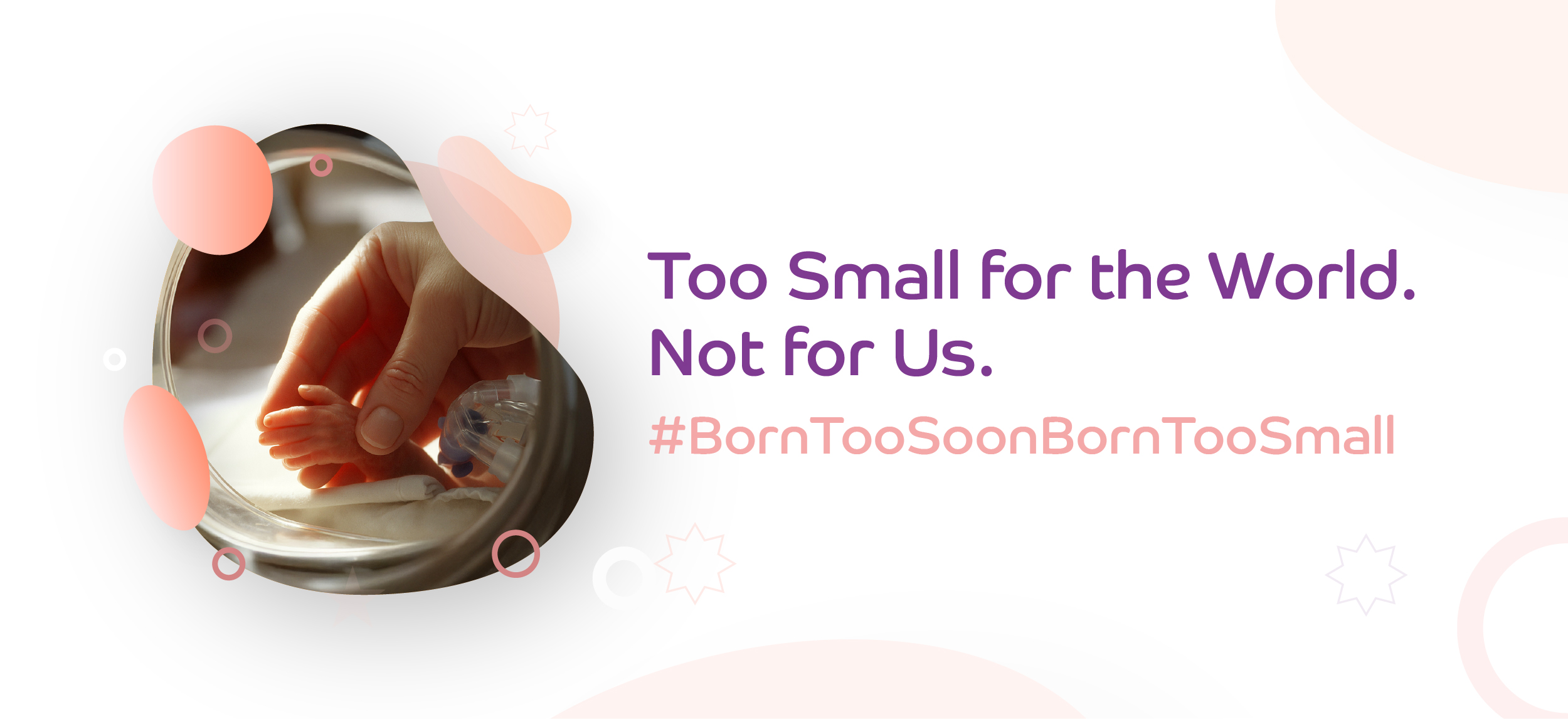Categories
First Trimester Bleeding: What You Need to Know
Jul 01, 2024
Experiencing bleeding during the first trimester of pregnancy can be scary and confusing. While it's a common occurrence, it's important to understand the causes and seek medical advice when needed. This blog will guide you through the reasons for bleeding in early pregnancy, treatment options, and if there are preventive measures you can take.
Implantation Bleeding: This is a light spotting that happens when the fertilized egg implants itself in the lining of your uterus. It usually occurs around the time you would expect your period and is a normal part of early pregnancy.
What to Do if You Experience Bleeding:
Remember: Bleeding during the first trimester can be frightening, but it doesn't always signal a problem. Early diagnosis and proper management can lead to a healthy pregnancy. If you have any concerns or experience bleeding, don't hesitate to contact your doctor immediately.
Causes of First Trimester Bleeding:
Implantation Bleeding: This is a light spotting that happens when the fertilized egg implants itself in the lining of your uterus. It usually occurs around the time you would expect your period and is a normal part of early pregnancy. - Cervical Changes: Increased blood flow to the cervix during pregnancy can sometimes cause irritation, leading to light bleeding after intercourse or a pelvic exam.
- Threatened Miscarriage: This refers to bleeding that may occur with cramping, but the pregnancy hasn't necessarily ended. Early intervention can sometimes help continue a healthy pregnancy.
- Spontaneous Miscarriage: Bleeding with passage of clots and crampy pains could be a sign of a miscarriage.
- Ectopic Pregnancy: This is a serious condition where the fertilized egg implants outside the uterus, most commonly in the fallopian tubes. It can cause bleeding and severe pain, requiring immediate medical attention.
What to Do if You Experience Bleeding:
- See Your Doctor Right Away: Regardless of the amount or color of bleeding, it's crucial to consult your doctor to determine the cause and receive proper guidance.
- Provide Details: Be prepared to share information about your bleeding, including the amount, color, any cramps, and your pregnancy history.
Treatment:
Treatment depends on the underlying cause of bleeding. In some cases, no treatment is needed, like with implantation bleeding. With other causes, your doctor might recommend bed rest, medications, or even hospitalization for monitoring.Prevention:
While there's no guaranteed way to prevent bleeding, maintaining a healthy lifestyle can contribute to a healthy pregnancy. This includes taking prenatal vitamins with folic acid, eating on time, getting adequate rest, hydrating well and avoiding heavy exercise or travel in the first trimester.Remember: Bleeding during the first trimester can be frightening, but it doesn't always signal a problem. Early diagnosis and proper management can lead to a healthy pregnancy. If you have any concerns or experience bleeding, don't hesitate to contact your doctor immediately.











